Masters' Talk on the Labor Code and China's Labor Law Research held successfully
Date:2022-04-14
On April 10, 2022, the Masters' Talk on the "Labor Code and China's Labor Law Research" sponsored by the China Society of Social Law and jointly organized by Peking University Law school and Tsinghua University Law School was successfully held at the Meeting Room B102, (Leo) Koguan Building.
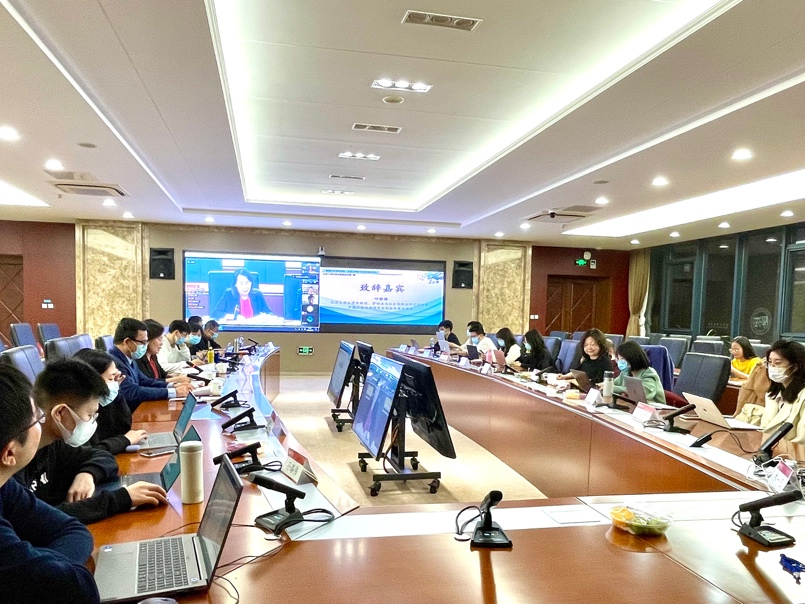
The Talk was opened by Prof. Ye Jingyi, Director of the PKU Institute of Labor Law and Social Security Act, and chaired by A.P. Jinping Jin of The Center for NPOs law of Peking University and A.P. Chen Yifeng of the Peking University Law school. The talks were divided into two units: "the value and positioning of the Labor Code" and "Strategies and Methods of the Labor Code". Prof. Li Jianfei, Vice Dean of the Institute for the Development of the Disabled of Renmin University of China, Prof. Jiang Ying, Director of the Labor and Trade Union Law Research Center of China University of Labor Relations, and Prof. Liu Cheng, College of Philosophy, Law and Political Science of Shanghai Normal University acted as the guest speakers in Unit 1, and Researcher Xie Zengyi, Vice Dean of the Institute of Law of Chinese Academy of Social Sciences, participated in the talk as the interviewer. Prof. Feng Yanjun, Jilin University Law School, Prof. Zhang Rongfang, Wuhan University Law School and Jiang Junlu, Director of Beijing Puran Law Firm acted as the guest speakers in Unit 2, and Assistant Professor Yan Tian of Peking University Law school participated in the talk as the interviewer. In the end, Prof. Zheng Shangyuan of Tsinghua University Law School gave a splendid summary of the talks.

In the speech, Prof. Ye Jingyi believed that the codification of the Labor Code is an opportunity to speed up the leak checking and supplementation in the construction of the labor law system, and achieve the systematization and completion of the system as soon as possible; to adapt to the development of new technologies and new forms of employment, and enhance the coordination of the labor law system; and to promote the construction of a society ruled by law, as the codification of the Labor Law can accumulate experience for the codification of the labor law in the social security and other fields.
Unit 1 Value and Positioning of the Labor Code
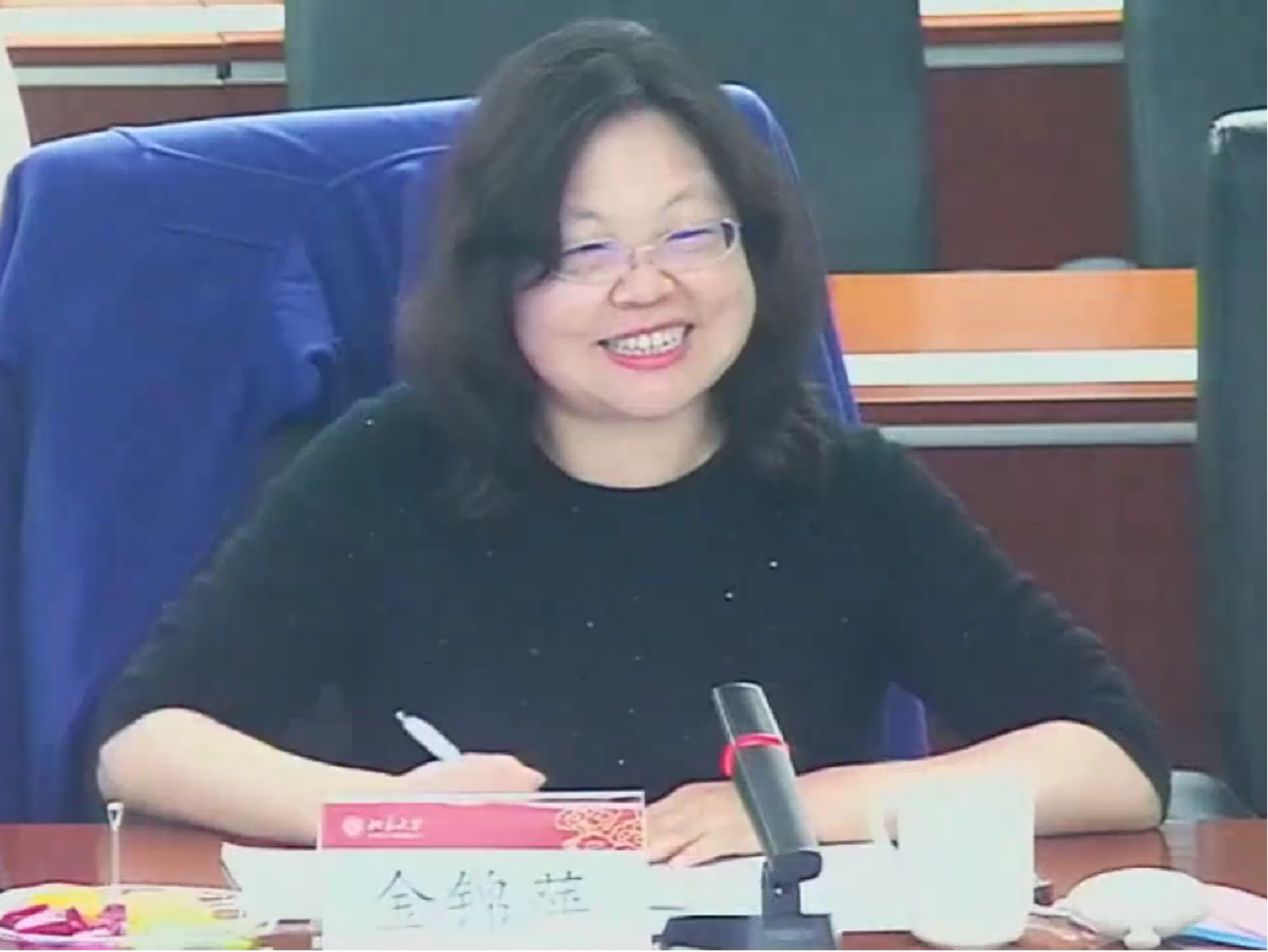
As the moderator of the first unit, Prof. Jin Ping first emphasized the importance of the unit, which involves two aspects: the value and orientation of the labor law and the labor code, in which we need to discuss the orientation of the protection of labor rights and whether the labor code highlights the value of distributive fairness and justice or protects the vulnerable group. These values have caused extensive and profound debates in the industry and academic circles.
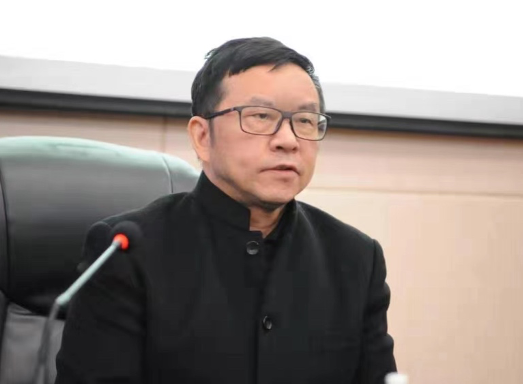
The topic of the first unit is the value and orientation of the Labor Law and the Labor Code. Prof. Li Jianfei pointed out that the text of Labor Code usually appears in the form of department regulations. In practice, the law application cannot be directly conducted based on the interpretation of the Labor Law or the Labor Contract Law. Therefore, the compilation of Labor Code has practical value. The Labor Law is regarded as the "second constitution law" or "minor constitution law" in many countries, and therefore it has great text value.

Prof. Jiang Ying focuses on consolidating the Party's ruling foundation, promoting economic and social development, and improving the level of rule of law construction, etc. She also points out that there are problems in the practice of labor law, such as legislative fragmentation, new and old intertwining, disharmony between central and local authorities, and parallel operation of law and policy, etc. She also shares her views on the adjustment scope of labor code and its relationship with civil code, etc.

Prof. Liu Cheng believes that whether the formulation of a labor code is necessary and possible is questionable and that it is more feasible and labor-saving to formulate general rules of labor law. Meanwhile, Prof. Liu believes that the current labor legislation has two orientations: one is special law of civil law, stipulating principles and rules different from the general law of civil law (traditional civil law); the other is independent labor law, stipulating all principles and rules that regulate labor relations and related social relations.
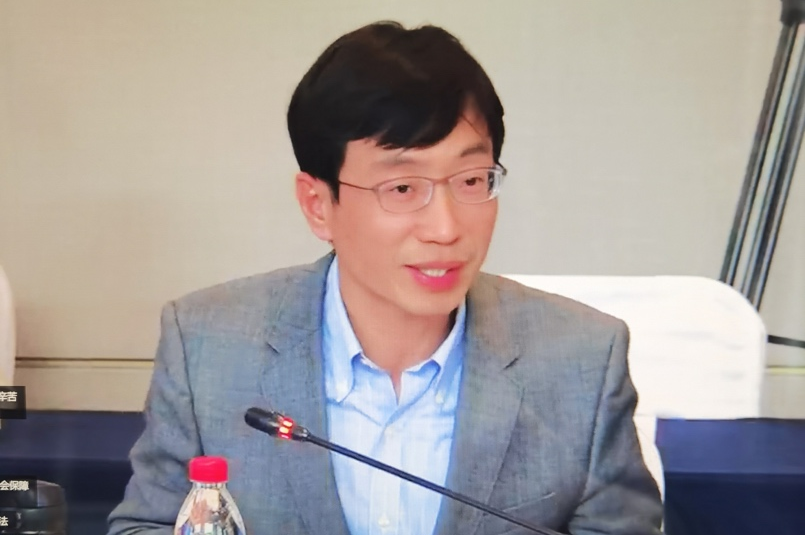
After summing up the views of the above-mentioned guests, Researcher Xie Zengyi put forward his views on the codification of a labor code. Researcher Xie Zengyi believed that the codification of a labor code is of great significance, in particular to the protection of workers' rights stipulated in the Constitution, response to the challenges faced by the digital labor law, improve the labor law system and promote the unification of the legal system.
Unit 2 Strategies and Methods of Labor Code
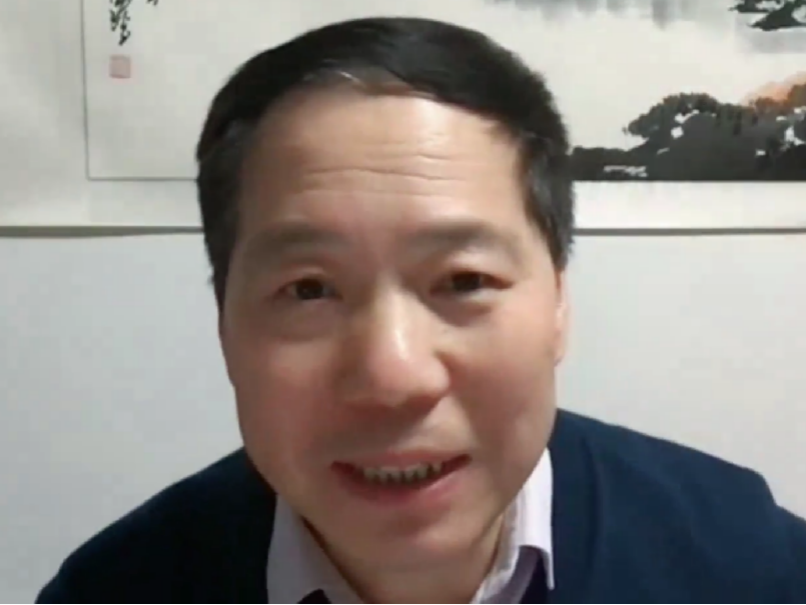
Prof. Feng Yanjun analyzed the significance of the study of labor codification for the development of the labor law discipline and the construction of the rule of law.
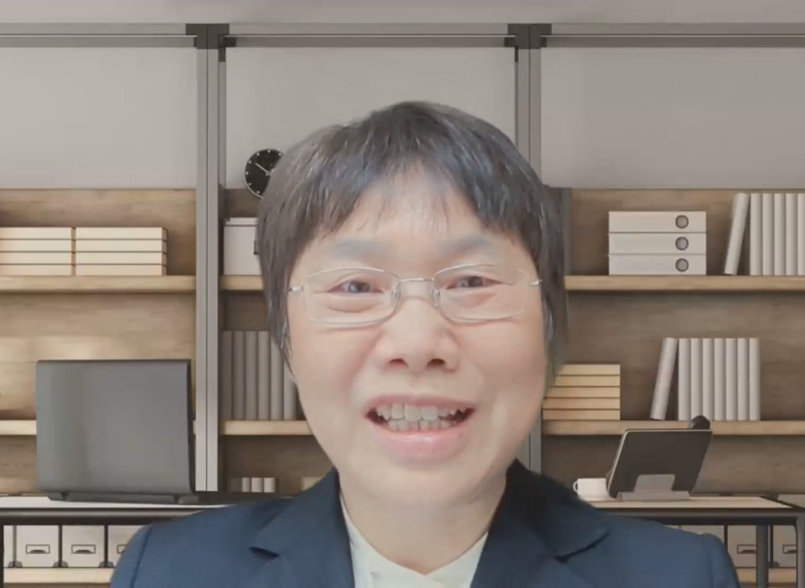
Prof. Zhang Rongfang expressed his views on the content of the Labor Code. Prof. Zhang Rongfang believed that social insurance and social welfare should not be included in the Labor Code, because the obligation of the employer to pay premiums is an obligation to the social insurance agency; supplementary insurance and employee welfare are internal issues of the labor relationship, and are protections provided by the employer for the employee, and can be placed in the Labor Code.
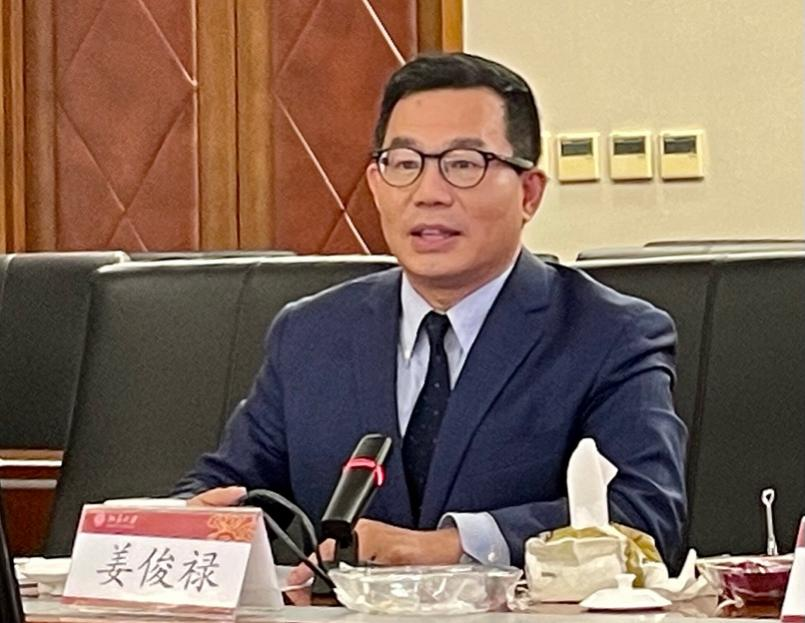
Lawyer Jiang Junlu believed that the main legislation of codification is basically completed, but the internal structural correlation and systematicness between legal norms need to be greatly improved.
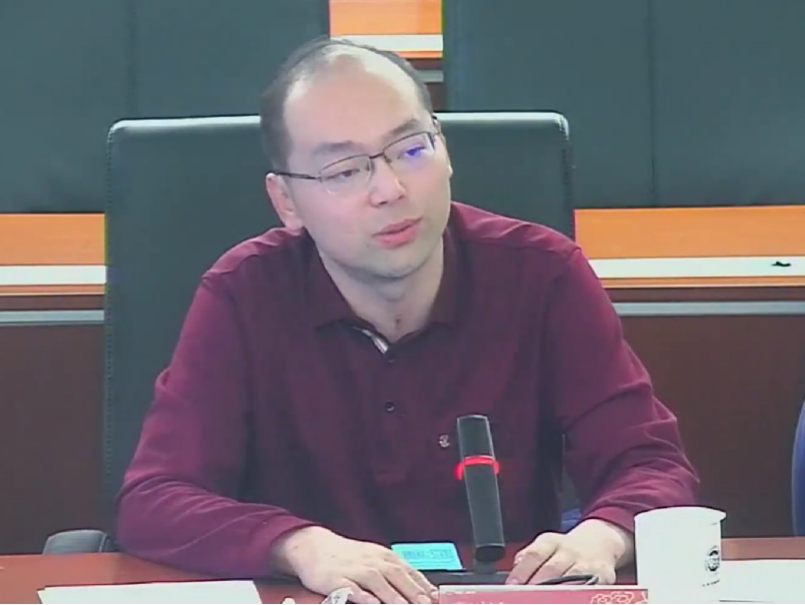
Assistant Professor Yan Tian talked about the development of the discipline depends on the grade and temperature of the discipline, especially the labor law discipline. There are three knowledge traditions in the field of labor law, and the codification of labor code needs to collect and pass on the outstanding academic traditions.

In the process of the dialogue, A.P. Chen Yifeng accurately summarized the important points mentioned by the guest, such as the importance of codification to the "academic community" in the field of labor law, how the labor code deals with the content of social security, and how to make full use of the ideological resources and traditions left by the field of labor law.
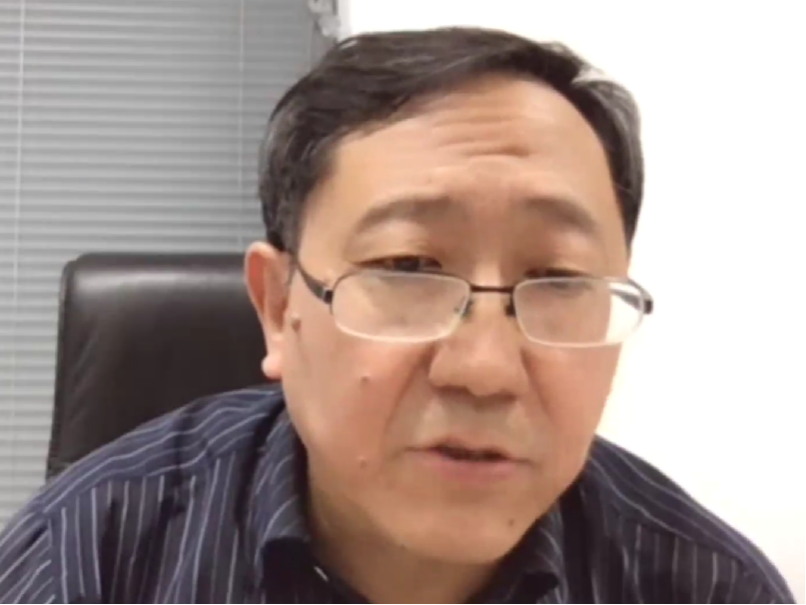
In the end, Prof. Zheng Shangyuan made a wonderful summary of this discussion. He believed that codifying labor law was quite difficult. Codifying labor law could promote the progress of systematization, logic, and discipline refinement, but it was not the only option. Even so, the labor law community should have enthusiasm and responsibility. Compared with the strong discipline, labor law is a weak discipline, and there is a clear gap in the level of research. Therefore, legislation and academic research should be combined organically, with codification as both the goal, as well as the process and the tool.
As the 1st Peking University High-end Forum on Social Law and the 70th Lecture Series of Peking University Social Law Forum, the Talk is a new series of activities launched after the Frontier Forum on Social Law and the High-end Lectures on Social Law. The event attracted a total of 483 online audience and more than 20 on-site students to attend. Through the explanations and dialogues of famous experts, the audience and students had a more comprehensive and deeper understanding of the theoretical issues and practical situation of the compilation of labor code, which was quite fruitful.
Translated by: Yang Yifei
Edited by: Ma Liting



